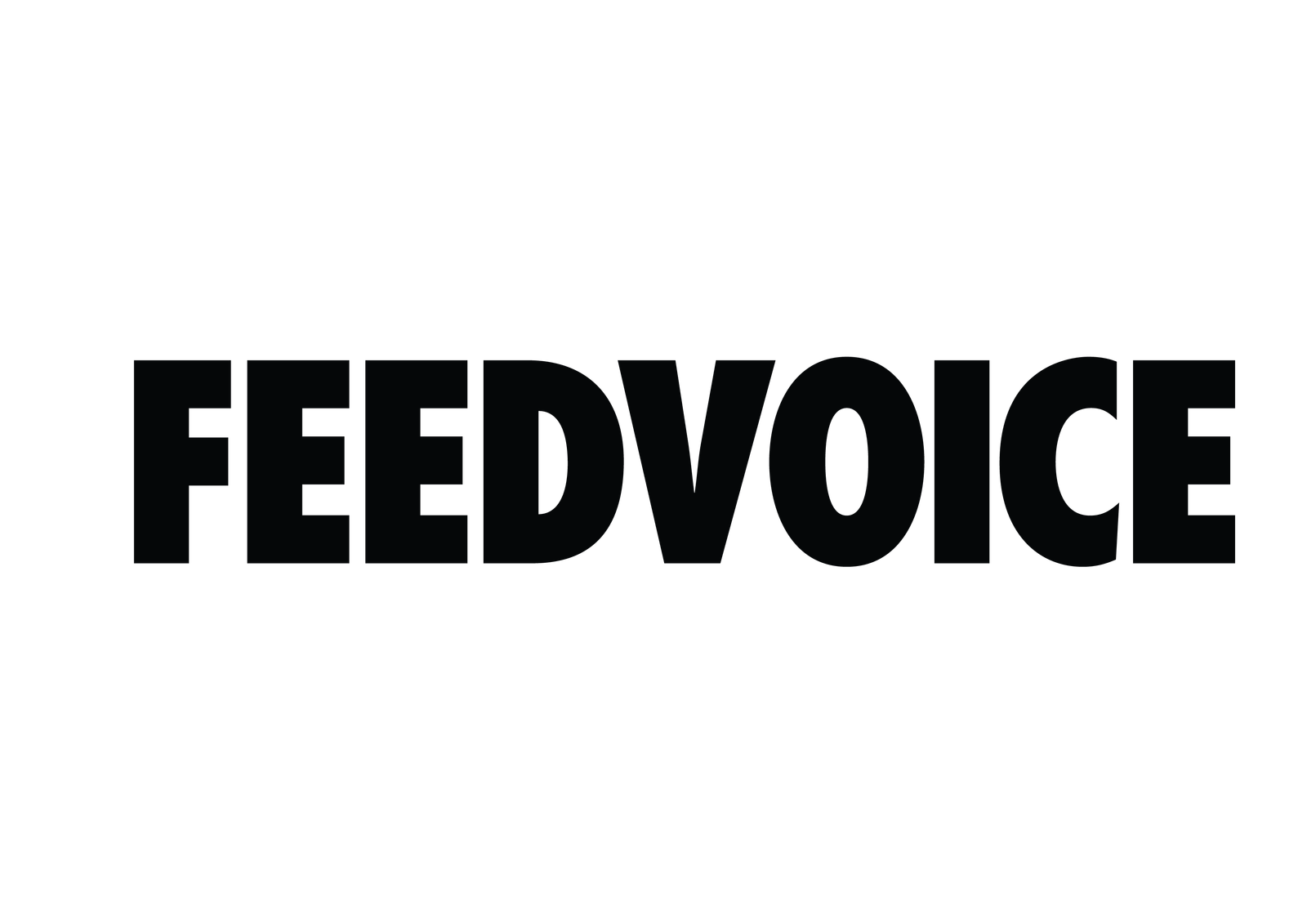Many people dream of financial independence. It means having enough money to live the life you want, without needing a steady paycheck. This goal involves building wealth, becoming debt-free, and securing your financial future.
To reach financial independence, you need to follow key steps. These actions will help you manage your money better and aim for a life of financial freedom.
Key Takeaways:
- Financial independence means having enough savings and investments to support your lifestyle without a steady paycheck.
- Key steps include building wealth, paying off debt, and securing your financial future.
- Setting life goals, budgeting, paying off credit cards, saving automatically, and investing wisely are important steps.
- Good credit, negotiation skills, financial education, and health care are also crucial for financial independence.
- Getting advice from a financial advisor and living within your means can help you achieve financial independence faster.
Set Life Goals
To get financially independent, setting clear financial goals is key. Having specific targets helps you know what you’re working towards. It also gives you a plan for your financial path. Think about the life you want and the money goals you must hit to live it.
First, think about what you want your life to be like. Decide on the activities, experiences, and things you want to own. Consider things like where you live, where you travel, your education, retirement, and any other financial needs that matter to you.
With a clear idea of your ideal life, set specific goals to get there. Break these goals into smaller, achievable steps. For instance, if you want to retire well, figure out how much you need to save and invest yearly.
Give each financial goal a deadline to keep you focused and responsible. Deadlines help you decide what to do first. They also remind you why sticking to your financial plan is crucial.
Setting financial goals isn’t just a one-time thing. It’s an ongoing process that needs regular checks and changes. As things in your life change, you might need to update your goals or set new ones.
“Setting goals is the first step in turning the invisible into the visible.” – Tony Robbins
By setting life goals with clear objectives and deadlines, you’re setting a path to financial freedom. These goals guide you, motivate you, and shape how you make financial choices.
Make a Monthly Budget
Creating a monthly budget is a key step towards financial independence. By managing your expenses and savings, you can take control of your money. This helps you reach your long-term goals.
Here are steps to make an effective monthly budget:
- Evaluate your income and expenses: First, figure out your monthly income from all sources. Then, look at your expenses by checking bank statements, receipts, and bills. This will show you where your money goes.
- Identify essential and non-essential expenses: Separate your expenses into must-haves (like rent, bills, and groceries) and wants (like eating out, entertainment, and shopping). This makes it easier to decide what to spend on.
- Set spending limits for variable expenses: Cut down on unnecessary spending by setting limits for discretionary areas. Look for ways to spend less without giving up things you enjoy.
- Create savings categories: Put a part of your income into savings. Try to have an emergency fund and savings for both short-term and long-term goals.
- Automate your finances: Think about setting automatic transfers from your paycheck to your savings. This makes sure your savings grow without you having to think about it.
- Review and adjust your budget: Check your budget often to make sure it matches your financial goals. Change it as needed when things change.
By following these steps, you can better manage your expenses and make smart financial choices. This helps you save more and reach your savings goals. Remember, making a budget is just the start. Sticking to it takes discipline and commitment. But, the benefits of financial freedom make it all worth it.

Pay off Credit Cards in Full
Paying off your credit cards in full is key to financial freedom. Credit cards and high-interest loans can block your path to wealth. Clearing your debt cuts down on interest and boosts your credit score, which is vital for your financial health.
Make debt repayment a top goal. First, look at your credit card balances and plan how to pay them off. Set aside part of your monthly budget for these payments. This keeps you on track to becoming debt-free. Paying off your cards in full removes interest charges and builds a solid financial base.
Remember, credit card debt isn’t the only thing that affects your credit score. Late payments on loans like student loans or mortgages can hurt your credit too. To keep a good credit score, always pay on time for all your debts.
Why Paying off Credit Cards in Full is Important:
“Paying off your credit card debt in full not only helps you save money on interest, but it also demonstrates responsible financial behavior and improves your credit score.”
By focusing on debt repayment and paying off your cards, you take charge of your finances. This sets you up for long-term success. So, start working towards financial independence by tackling your credit card debt now.
Tips for Paying off Credit Cards:
- Create a repayment plan and stick to it.
- Avoid making unnecessary purchases on your credit cards.
- Consider transferring high-interest balances to cards with lower interest rates.
- Make more than the minimum payment whenever possible.
- Explore debt consolidation options if you have multiple credit card debts.
Getting financially independent means managing your debt well. By paying off your credit cards, you improve your financial health and open doors to a better future.
Create Automatic Savings
Automatic savings is key to financial freedom. Setting up an emergency fund and adding to your retirement plan helps build a strong financial base.
An emergency fund acts as a safety net for sudden costs or losing a job. Aim to save three to six months’ worth of expenses in it. This gives you a financial safety net and peace of mind.

Also, don’t forget to put money into your retirement plan. This could be a 401(k) or an IRA. Putting part of your income towards retirement is crucial for your future. Setting up automatic deductions from your paycheck makes sure you save regularly.
| Retirement Plan Type | Contributions | Employer Match |
|---|---|---|
| 401(k) | Pre-tax | Potential matching funds |
| IRA | After-tax | No employer match |
Using employer matches can boost your retirement savings. Make sure you know how your employer matches work and aim to get the most from it.
But remember, retirement plans aren’t the only way to save for the future. Diversify your savings with options like index funds, real estate, or stocks to grow your wealth.
In summary, setting up automatic savings with an emergency fund and retirement plan is vital for financial freedom. By focusing on saving and automating your contributions, you’re setting a strong foundation for a secure financial future.
Start Investing Now
Investing is key to financial freedom. It lets you grow your wealth and secure a bright future. The stock market can go up and down, but history shows investing is a top way to increase your wealth over time.
Start your investment journey now. The sooner you invest, the more time your money has to grow. Even small, regular investments can make a big difference thanks to compound interest.
Investing can seem complex with so many options. But, instead of picking stocks, consider opening an online brokerage account. This way, you can create a diversified portfolio. Diversification lowers risk and helps you handle market changes better.
Managing your portfolio well is crucial for investing success. Keep an eye on your investments and adjust them as needed to meet your financial goals. It’s important to think about how much risk you can handle and create a portfolio that fits your needs. A diverse portfolio can provide stability and protect you from market lows.
Investing early and regularly lets your money grow over time through compound growth. This can multiply your wealth.
| Benefits of Starting to Invest Now |
|---|
| 1. Harness the Power of Compound Interest |
| 2. Potential for Long-Term Growth |
| 3. Diversify Your Assets |
| 4. Build Financial Independence |
| 5. Take Advantage of Tax Benefits |
| 6. Stay Ahead of Inflation |
| 7. Reach Your Financial Goals Faster |
The table shows many benefits of starting to invest now. Whether you want to retire, save for a home, or just want financial stability, investing can help you reach your goals faster and secure your financial future.
Conclusion
Achieving financial freedom and early retirement means taking steps and sticking to them. Start by setting clear goals and making a budget each month. This helps you manage your money better and move closer to your goals.
Paying off credit cards fully and saving automatically are key to a strong financial base. Also, investing early helps your money grow over time.
Keep an eye on your credit scores and try to get better deals. Staying updated on personal finance is crucial too. It’s important to live simply, focus on health, and seek advice when needed.
Financial freedom requires discipline but offers great rewards. It lets you live life as you want. Start your journey to financial freedom now and shape your future.
FAQ
What is financial independence?
Why is it important to set life goals for financial independence?
How does making a monthly budget contribute to financial independence?
Why is it important to pay off credit cards in full for financial independence?
What is the significance of automatic savings in achieving financial independence?
How does starting investing early contribute to financial independence?
What are actionable strategies for achieving financial independence?
Source Links
- https://www.td.com/us/en/personal-banking/finance/achieve-financial-independence
- https://www.forbes.com/sites/enochomololu/2024/01/20/7-steps-to-achieve-financial-freedom-and-retire-early/
- https://www.investopedia.com/articles/personal-finance/112015/these-10-habits-will-help-you-reach-financial-freedom.asp


